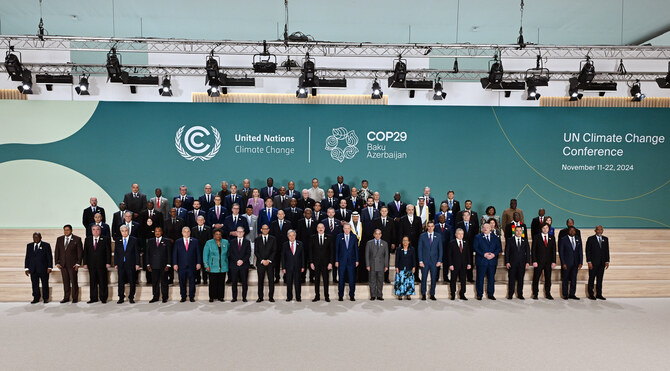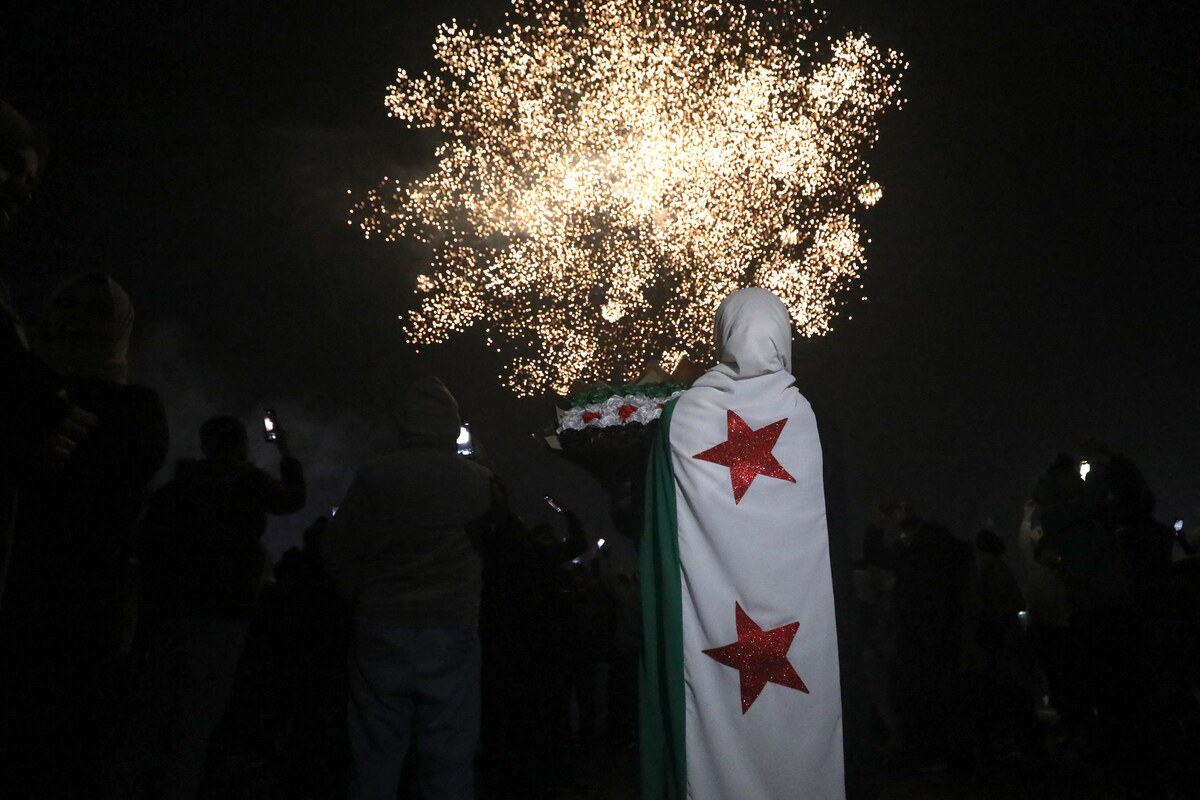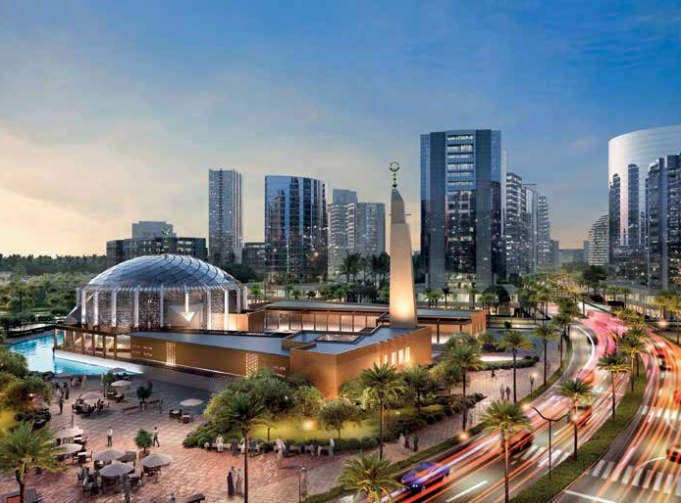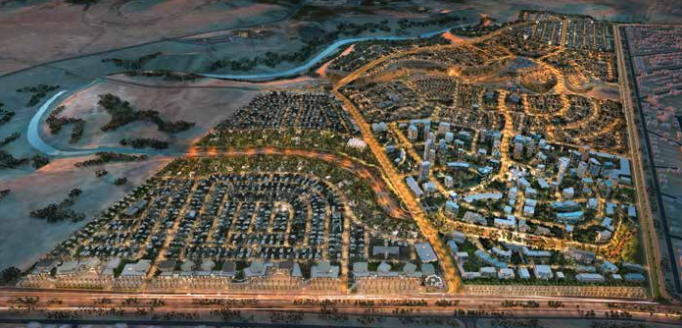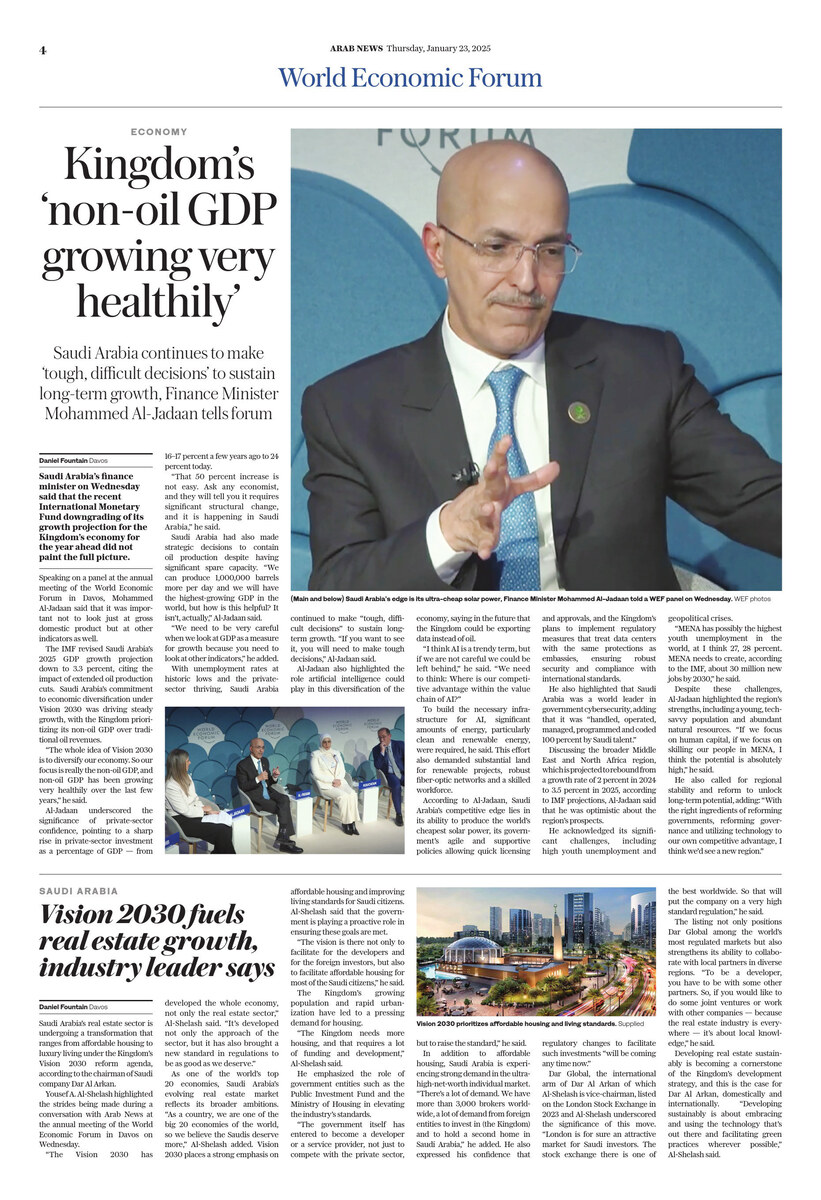RIYADH: Dozens of world leaders convened in Azerbaijan on Tuesday for COP29 as the UN Secretary-General warned of the clock ticking for action to limit global temperature rises.
Speaking at the gathering in Baku, Antonio Guterres said the world is in the “final countdown” to limit global temperature rise to 1.5 degrees Celsius.
He added that 2024 is “almost certain” to be the hottest year on record.
His comments came as leading figures from governments around the world arrived for the summit, although many top politicians are not attending this year’s summit.
US President Joe Biden, China’s Xi Jinping, India’s Narendra Modi and French leader Emmanuel Macron are among G20 leaders missing the event.
The top priority at COP29 is landing a hard-fought deal to boost funding for climate action in developing countries.
Here are some of the key points from day 2 of COP29
African leaders warn of economic toll

Ethiopian President Taye Atske Selassie. Screenshot
During COP29, African leaders shared national-level initiatives aimed at bolstering climate stability and economic prosperity.
Ethiopian President Taye Atske Selassie emphasized his nation's commitment to environmental restoration, saying: “We were able to plant 40 million trees, expanding our forest coverage to 23.6 percent with the potential to sink 10 billion tonnes of carbon.”
He noted that Ethiopia has allocated 1 percent of its national budget towards a green legacy and land restoration fund, urging international support for these ongoing efforts.
Tanzania’s Vice-President, Philip Mpango, highlighted the severe economic toll climate change has on developing nations, noting its current impact on his country.
He added that Tanzania is losing 2 to 3 percent of its GDP annually due to climate-related damages, estimating the need for $19.2 billion by 2030 to meet its climate adaptation goals.
Tiemoko Meyliet Kone, vice president of Cote d’Ivoire, outlined the economic risks his nation faces if climate action is not prioritized.
“Without our bold initiatives, we could see a 13 percent drop in GDP by 2050, with nearly 2 million people falling into poverty,” Koné stated.
Financial need is trillions, not billions, says President of Maldives

Screenshot
The lack of finance remains one of the main barriers for many countries, especially underdeveloped, to meet their climate goals, the President of Maldives told COP29.
Mohamed Muizzu explained that small island developing states need financing in trillions rather than billions.
“It is the lack of finance that inhibits our ambitions, which is why this COP, the finance COP we need to deliver the new climate finance goal, must reflect the true scale of the climate crisis. The need is in trillions, not billions,” Muizzu said.
Leaders call for an end to half-measures

Kazakhstan’s President Kassym-Jomart Tokayev. Screenshot
At COP 29, leaders stressed the need for urgent, cooperative action on climate change. Kazakhstan’s President Kassym-Jomart Tokayev pledged his country’s resources for the energy transition, emphasizing that demand must be socially responsible.
Serbian President Aleksandar Vucic warned that while addressing environmental crises is essential, global peace is a prerequisite. He also called for financial solutions to aid smaller, poorer nations unfairly burdened by climate impacts caused by wealthier countries.
Zimbabwe’s President Emmerson Mnangagwa urged an end to “half-measures,” while Turkiye’s President Recep Tayyip Erdogan highlighted his country’s vulnerability to climate change and its plans to expand nuclear energy capacity by 2050.
Iraqi President Abdul Latif Rashid emphasized climate justice as a human rights issue, pressing for immediate action to protect current and future generations from the harsh realities of climate change.
Leaders called for equity in green technology access and stronger global solidarity. Congo’s President Felix Tshisekedi reaffirmed his country’s commitment to biodiversity, and Belarusian President Aleksandr Lukashenko advocated for fair access to green technologies, ensuring developing nations retain autonomy over their resources.
Fossil fuels ‘a gift of the God,’ Azerbaijan President tells COP29

Azerbaijan President Ilham Aliyev. Supplied
Defending fossil fuels and the right of countries to exploit them, Azerbaijan President Ilham Aliyev said: “Quote me that I said that this is a gift of the God, and I want to repeat it today here at this audience.”
He told delegates: “Oil, gas, wind, sun, gold, silver, copper, all ... are natural resources and countries should not be blamed for having them and should not be blamed for bringing these resources to the market, because the market needs them. People need them.”
UK Prime Minister Keir Starmer committed to a more ambitious climate goal for the country, saying greenhouse gas emissions would be cut by 81 percent versus 1990 levels by 2035 at the UN COP29 climate summit.
Last month Britain’s climate advisers, the Committee on Climate Change, made that recommendation to the government.
The emissions cut target recommended by the advisers compared to the current target of a 78 percent reduction by 2035 compared with 1990 levels and excludes international aviation and shipping emissions.
Saudi Arabia present at COP29
‘Without collaboration and cooperation ... we cannot hope to survive into the next century’ – Mayor of Kuala Lumpur

Supplied
The Mayor of Kuala Lumpur, Maimunah Sharif, used her address at the summit to highlight the critical issue of plastic pollution and its far-reaching effects.
She warned that by 2040, an estimated 1.3 billion tons of plastic will contaminate the air, water, and food we consume.
“In fact, each of us now has microplastics in our bloodstream, vital organs, and, as of this year, even in babies, in pregnant women,” Sharif said.
‘Developing countries must not leave Baku empty-handed’ — UN Secretary-General Antonio Guterres

UN Secretary-General Antonio Guterres. Supplied
Guterres used a speech at COP29 to say the forum “must tear down the walls to climate finance.”
He set out five elements he believes are critical to success:
- A significant increase in concessional public finance.
- A clear indication of how public finance will mobilize the trillions of dollars developing countries need.
- Tapping innovative sources, particularly levies on shipping, aviation, and fossil fuel extraction. Polluters must pay.
- A framework for greater accessibility, transparency, and accountability – giving developing countries confidence that the money will materialize
- Boosting lending capacity for bigger and bolder Multilateral Development Banks.
Voluntary Carbon Markets
An announcement away from the speeches as Saudi Arabia’s Regional Voluntary Carbon Market Co. today launched its voluntary carbon market exchange platform, bringing 22 domestic and international companies on board on its first day of trading.
The launch of the platform is a major milestone in Saudi Arabia’s ambition to become one of the largest voluntary carbon markets in the world by 2030. It aims to scale up the supply and demand of high-quality carbon credits across the Global South and beyond, driving funding to climate projects that require finance, supporting the transition to global net zero emissions.
Speaking in Baku, Riham El-Gizy, RVCMC’s CEO said: “The message coming into COP is clear: To accelerate global decarbonization we must unlock financial flows to critical climate projects on an enormous scale. High integrity voluntary carbon markets can play an important role in bridging the climate finance gap this decade. But institutional grade infrastructure must be put in place to help buyers and sellers scale up private sector participation and achieve the market’s potential.”
RVCMC was established by the Public Investment Fund and Saudi Tadawul Group Holding Co. in October 2022. PIF holds an 80 percent stake and Tadawul Group holds a 20 percent stake in the company.


